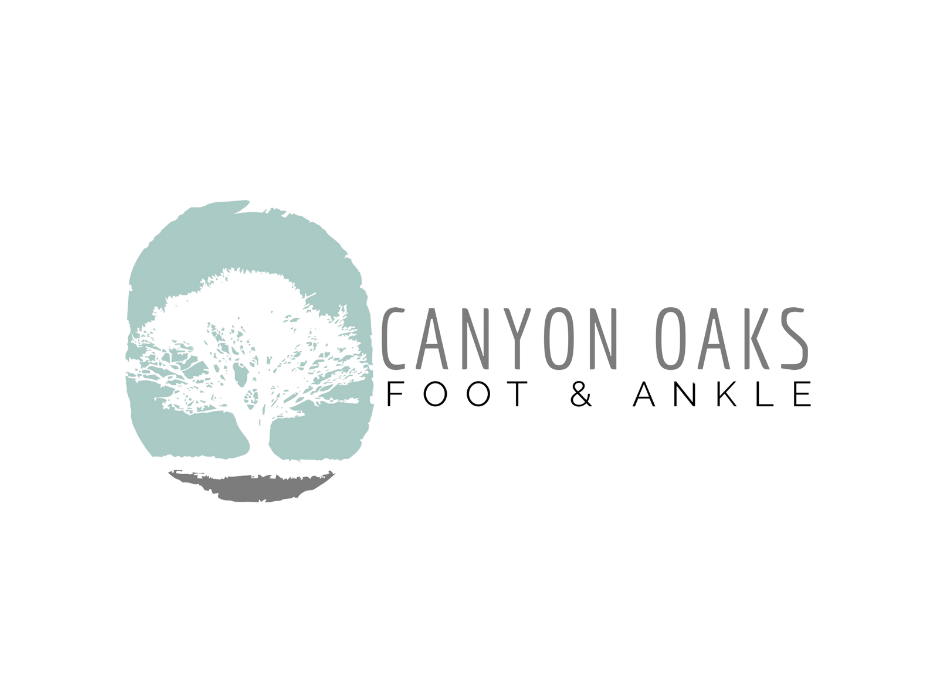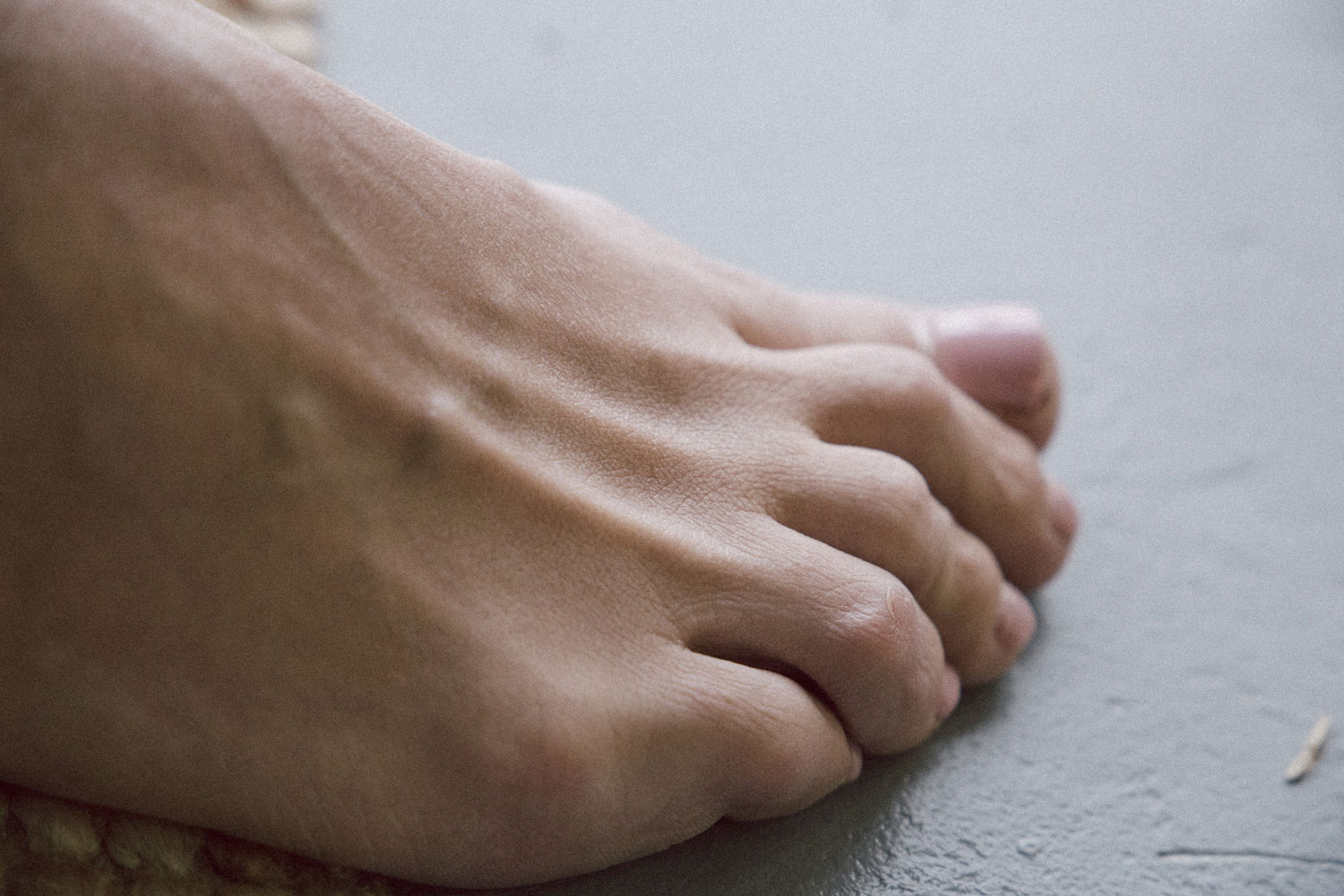Dislocating your toe can be painful the first time, let alone if it keeps happening over and over. Not only does toe dislocation hurt, but it can also lead to more serious problems within the foot.
What causes toes to dislocate? What are the risk factors for dislocating your toe? What should you do if your toe keeps dislocating?
Here’s a podiatric guide to toe dislocation.
Causes of Dislocating Your Toe
Dislocated toes result from an outside force that causes the bones within the toe to misalign, such as an injury while playing contact sports.
“A toe dislocation occurs when the tissues, or ligaments, that hold the joint together are torn. The bones then move apart, or are dislocated, out of their normal position. This causes pain, swelling, and bruising,” explains Fairview Health Services.
Any source of trauma on the bones can inflict a dislocation, whether stubbing the toe, dropping something on it, twisting it, or some other form of excessive stress.
Risk Factors of Dislocating Your Toe
Some patients are more at risk for dislocating their toes than others.
Here are risk factors that put patients at higher risk of dislocating their toe:
- Genetics and pre-existing health problems. Medical conditions such as arthritis and even congenital disorders may increase the risk of dislocating toes.
- Physical activity. Intense physical activity, including contact sports, can expose toes to the risk of dislocation.
- Previous injury. “Once you’ve dislocated a joint, you might be more susceptible to future dislocations,” says Mayo Clinic. The Clinic advises, “To avoid recurrence, do strength and stability exercises as recommended by your doctor or physical therapist to improve joint support.”
While accidents happen and unchangeable factors such as genetics may play a role, it is possible to protect your toes from dislocation. Prevent dislocation by taking precautions, especially when playing contact sports.
What To Do For a Dislocated Toe
Dislocating your toe may appear to be a relatively minor injury. However, a toe dislocation still requires medical treatment to prevent further damage.
“A dislocation also causes injury to the blood vessels, nerves, and ligaments that normally keep the bones in place,” explains Winchester Hospital. “Emergency care may be needed to safely guide the bone back into place.”
In some cases, corrective surgery, splinting, or casting may be necessary to reposition the affected toe.
If you have dislocated your toe or are experiencing repeated dislocations of the same toe, seeking professional medical attention is essential. Treatment from a trained podiatrist can help ensure the injury heals properly and prevent future problems.
Best Visalia Podiatrist
The Canyon Oaks Foot & Ankle team works hard to live up to its reputation as the most trusted podiatric clinic in the Central Valley. With offices in Visalia, Fresno, and Porterville, we offer innovative and personalized foot and ankle care for each of our patients.
We know it can be frustrating and painful dealing with a reoccurring foot problem, such as a dislocated toe. At your appointment, one of our specialists will listen to your story, assess the severity of the injury, and help create a treatment plan that is right for you. As you heal, we’ll monitor your progress and get you back on your feet.
Get in touch to make an appointment today!

